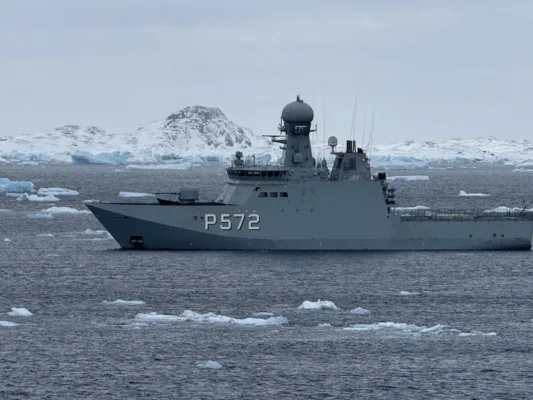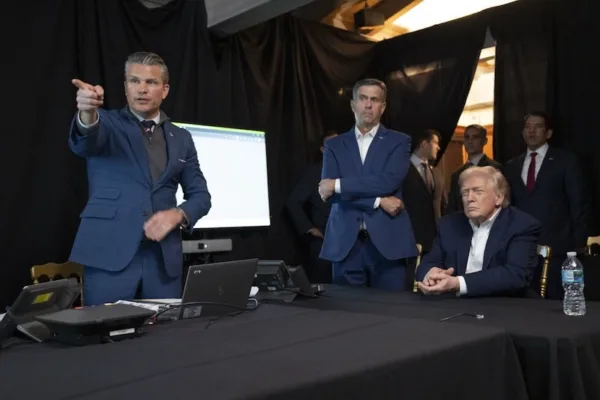The Reliability of the US as an Ally
The U.S. has failed to display a consistent stance on several regional issues in the Middle East including the Syrian crisis. Because of these failures many foreign capitals have begun to question the U.S.’s reliability as a diplomatic ally
While some in Washington are trying to discuss the reliability of Turkey as an ally, the allies of the U.S. from different regions are nowadays discussing the reliability of the U.S. The U.S.’s commitments to the security of its allies have been questioned for a while by some of its allies in Asia and the Middle East. Japan for instance, despite a very successful visit by Prime Minister Abe a few weeks ago, has been debating whether the U.S. administration is going to respect its security commitments in the wake of the crisis in South China Sea and East China Sea. Especially in regard to the dispute over the Senkaku Islands, many in Japan are skeptical about whether the U.S. would support Japan in the case of potential escalation with China. A significant issue that contributes to this skepticism in recent years has been U.S. President Barack Obama’s policy on Syria. His statement of “Assad must go” and lack of action against him, his redline remark, his unwillingness to use punitive action when chemical weapons were used and his call for support from U.S. allies around the world for an operation against the regime of President Bashar Assad and changing his mind without informing or consulting his allies increased the degree of this skepticism.
This sense of skepticism was raised in part from the U.S. administration’s policies on the Middle East, and it deteriorates U.S. relations with countries in the region. The Camp David summit between the U.S. and Gulf countries took place partly because of the rising concerns regarding the reliability of the U.S. in this part of the world. The Iranian nuclear deal, U.S. inaction in Syria and the confusing messages from different branches of the U.S. government have been a major problem between the U.S. and Gulf countries. After the framework agreement between Iran and the P5+1, the U.S. administration tried to take some steps in order to comfort the concerns and worries of its Gulf allies. The meeting would be an opportunity for the U.S. to demonstrate that it still has very strong relations with its allies in the region and would be significant leverage for the U.S. during its negotiations with Iran. However, despite the invitation to Camp David and rhetorical commitments to the security of the Gulf allies, their skepticism is not as a result of this meeting. It is still being debated whether the last minute cancellation by Saudi King Salman was a snub or not, however it definitely negatively impacts the significance of the summit. Although Saudi Arabia is represented by the two most important figures of the country, the issue definitely shadowed the symbolic nature of the meeting.
The expectations and statements by the Gulf countries demonstrated that they were avoiding only symbolic action from the U.S. Instead of symbolic actions, this time they were more willing to have a security agreement or a form of integration of defense systems with the U.S. that would protect them from any form of conventional attack by Iran. Of course, the U.S. is not very favorable to such an agreement and it has been a long time since the U.S. administration has signed a binding agreement. At this point, it looks like they reached a tacit understanding in which the U.S. will provide more technological weaponry, of course without any form of coproduction, and Gulf countries will slowly and gradually come to terms with the nuclear deal that the U.S. is planning to sign with Iran as something unavoidable. However, the meeting, its participants and the nature of discussions show that the U.S. is suffering from a very serious problem of trust and confidence in the region. It is still the only ally that these countries can depend on, but the main problem now is that the source of dependence is lacking any other alternative instead of a strong strategic relationship. This is a major problem that the U.S. has to recognize.
This article was originally published in Daily Sabah on May 15, 2015.




















